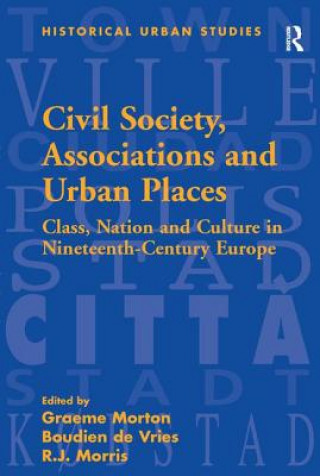
Kód: 04679979
Civil Society, Associations and Urban Places
Autor Boudien de Vries
In recent years, the concept of 'civil society' has become central to the historian's understanding of class, cultural and political power in the nineteenth-century town and city. Increasingly clubs and voluntary societies have be ... celý popis
- Jazyk:
 Angličtina
Angličtina - Vazba: Pevná
- Počet stran: 240
Nakladatelství: Taylor & Francis Ltd, 2006
- Více informací o knize

Mohlo by se vám také líbit
-

Business Logistics
6578 Kč -

Radical Pedagogy
1259 Kč -

Krupp
1583 Kč -
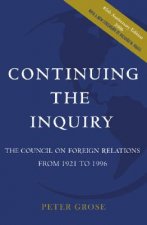
Council on Foreign Relations at 75
469 Kč -

African Theatre 4: Southern Africa
793 Kč -

Faith of Israel
1331 Kč
Dárkový poukaz: Radost zaručena
- Darujte poukaz v libovolné hodnotě a my se postaráme o zbytek.
- Poukaz se vztahuje na celou naši nabídku.
- Elektronický poukaz vytisknete z e-mailu a můžete ihned darovat.
- Platnost poukazu je 12 měsíců od data vystavení.
Více informací o knize Civil Society, Associations and Urban Places
Nákupem získáte 556 bodů
 Anotace knihy
Anotace knihy
In recent years, the concept of 'civil society' has become central to the historian's understanding of class, cultural and political power in the nineteenth-century town and city. Increasingly clubs and voluntary societies have been regarded as an important step in the formation of formal political parties, particularly for the working and middle classes. The result of this is the assertion that the more associations existing in a particular society, the deeper democracy becomes entrenched. In order to test this hypothesis, this volume brings together essays by an international group of urban historians who examine the construction of civil society from associational activity in the urban place. From their studies, it soon becomes clear that such simple propositions do not adequately reflect the dynamics of nineteenth-century urban society and politics. Urban associations were ideological in purpose and deliberately discriminatory and as such set the boundaries of civil society. Thus competing and segmented associations were not only an indication of pluralism and strength, but also highlighted a fundamental weakness when faced down by the interests of the state. Through a wide array of urban associations in a broad range of settings, comprising Austria and Bratislava, France and Italy, the Netherlands, Austro-Hungary, England, Scotland and the US, this volume reflects on the construction of class, nation and culture in the associations of the nineteenth-century urban place. In so doing, it shows that a deep and interlocking civil society does not automatically lead to a rise in democratic activity. Expansion of the networks of urban association could equally result in greater subdivision and to the fragmentation and isolation of certain groups. Partition as much as coherence is our understanding of civil society and associations in the nineteenth-century urban place.
 Parametry knihy
Parametry knihy
Zařazení knihy Knihy v angličtině Humanities History History: specific events & topics
5564 Kč
- Plný název: Civil Society, Associations and Urban Places
- Autor: Boudien de Vries
- Jazyk:
 Angličtina
Angličtina - Vazba: Pevná
- Počet stran: 240
- EAN: 9780754652472
- ISBN: 0754652475
- ID: 04679979
- Nakladatelství: Taylor & Francis Ltd
- Hmotnost: 486 g
- Rozměry: 243 × 163 × 11 mm
- Datum vydání: 28. July 2006
Oblíbené z jiného soudku
-

Man's Search for Meaning
179 Kč -

Women, Race & Class
276 Kč -

Pianist
211 Kč -

Out Of Place
303 Kč -
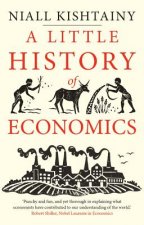
Little History of Economics
350 Kč -
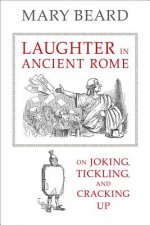
Laughter in Ancient Rome
501 Kč -

Civilization and Capitalism, 15th-18th Century
1611 Kč -

Armies of Medieval Burgundy 1364-1477
395 Kč -

Night
249 Kč -
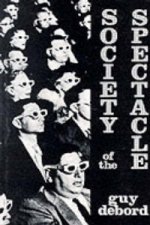
Society of the Spectacle
291 Kč -

Imperialism: The Highest Stage of Capitalism
196 Kč -

Man's Search For Meaning
410 Kč -

Homo Deus
265 Kč -

Ordinary Men
306 Kč -

Black Earth
358 Kč -

The Complete MAUS
462 Kč -

The Rape of Nanking
441 Kč -

Madness and Civilization
419 Kč -

Conquerors
306 Kč -

Stoned
276 Kč -

Twelve Years a Slave
90 Kč -

At Home
303 Kč -
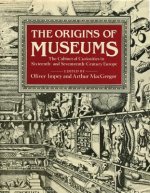
Origins of Museums
1370 Kč -

Measure of a Man
373 Kč -

Delirious New York
679 Kč -

Eichmann in Jerusalem
306 Kč -

Mein Kampf - The Ford Translation
985 Kč -

Bloodlands
358 Kč -

Guns, Germs and Steel
358 Kč -

Cold War Submarines
865 Kč -

Fall of Public Man
410 Kč -

Che Guevara
551 Kč -

Dancing In The Streets
303 Kč -

Fix the Pumps
351 Kč -

Blue
954 Kč -

Revolutionary Yiddishland
336 Kč -

Commandant Of Auschwitz
303 Kč -

Jewish State
277 Kč -

Eichmann in Jerusalem
357 Kč -

Reflections on the Revolution in France
249 Kč -
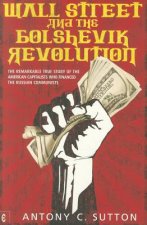
Wall Street and the Bolshevik Revolution
357 Kč -

Corgi Toys
407 Kč -

Night
276 Kč -

Wreck of the Titan
306 Kč -

McMafia
303 Kč -

Intimate History of Humanity
357 Kč -

Feminism: A Very Short Introduction
249 Kč -

White Gold
357 Kč -

Twelve Who Ruled
600 Kč
Osobní odběr Praha, Brno a 12903 dalších
Copyright ©2008-24 nejlevnejsi-knihy.cz Všechna práva vyhrazenaSoukromíCookies



 Vrácení do měsíce
Vrácení do měsíce 571 999 099 (8-15.30h)
571 999 099 (8-15.30h)